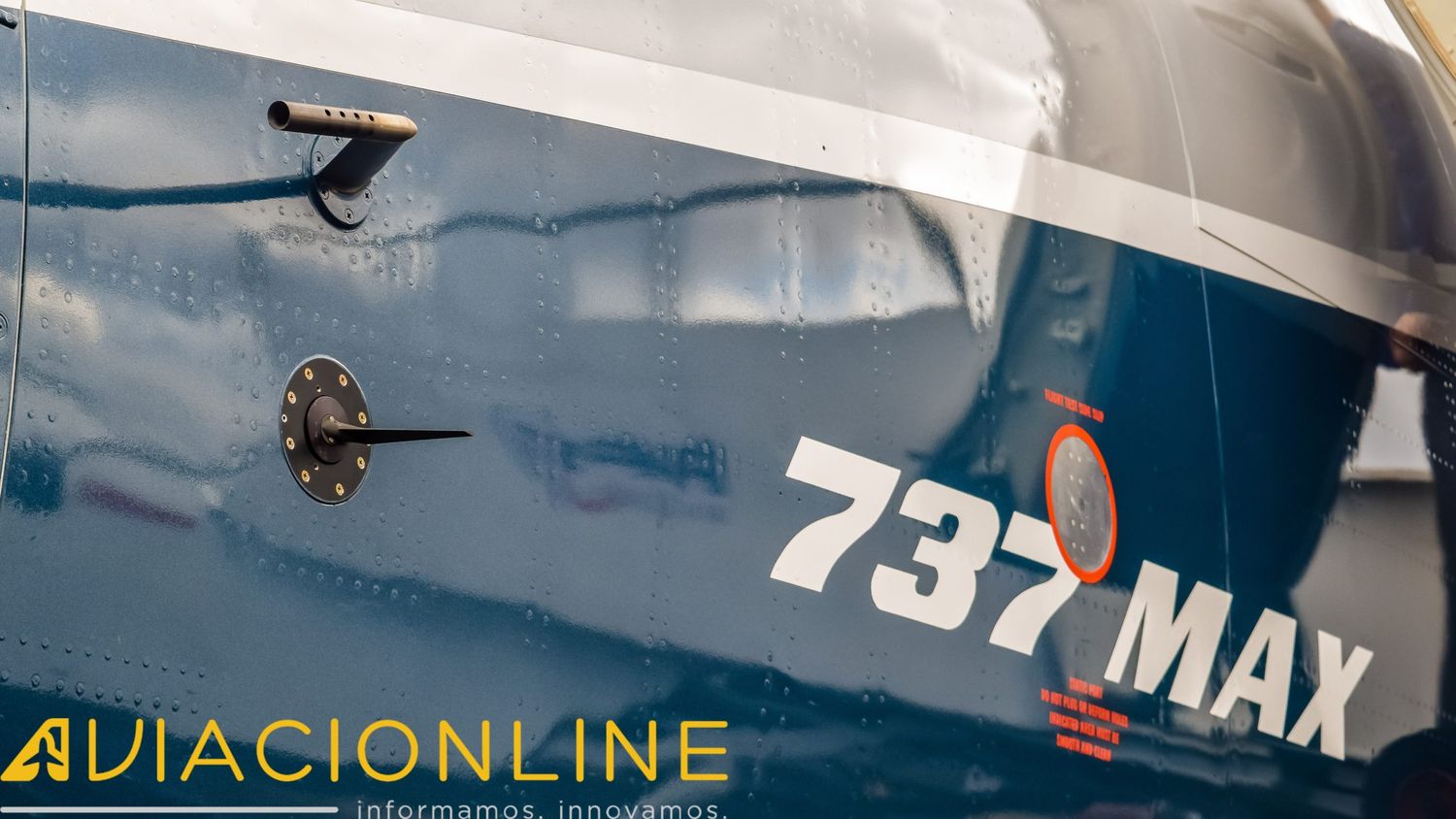Boeing, the 737 MAX and the (avoided) screw crisis
The fire at a screw supplier could have jeopardized the already complex production cadence of the Boeing 737 MAX. But the manufacturer's swift response prevented (that) debacle.
The aerospace industry still vividly remembers the supply chain tensions triggered by a 2023 fire at a key Boeing supplier. Although the U.S. manufacturer managed to avoid an immediate disruption in 737 MAX production, the incident highlighted the vulnerability of supply chains and came amid ongoing challenges for Boeing.
In February 2023, a major fire severely damaged the facilities of SPS Technologies in Jenkintown, Pennsylvania. SPS was a critical, and in some cases sole, supplier of specialized fasteners—high-strength nuts, bolts, and rivets—used in aircraft assembly, including crucial components like the Boeing 737 MAX landing gear.
Initial fears centered on the disruption of supply for these highly specialized parts, which are difficult to replace quickly due to lengthy certification processes. Many in the industry worried this could halt or slow down the 737 MAX production line—a program essential to Boeing's revenue but already under scrutiny for previous issues.
Boeing and other major aerospace players, including Airbus and GE Aerospace, responded quickly, assessing the impact and actively seeking alternative sources. While reports indicated Boeing successfully secured new stock and avoided an immediate shutdown, the incident underscored the risks of relying on single-source suppliers for critical components. It also drove up demand—and potentially prices—for other fastener manufacturers like Howmet Aerospace and LISI Aerospace.
Although the specific crisis caused by the SPS fire in 2023 was managed, Boeing continues to face setbacks in its 737 MAX program. Supply chain issues persist, affecting not just fasteners but also other key components such as fuselages provided by Spirit AeroSystems.
Additionally, scrutiny over quality and safety intensified significantly after incidents like the door panel blowout on an Alaska Airlines flight in January 2024. This led to tighter oversight by the U.S. Federal Aviation Administration (FAA), which capped the monthly production rate of the 737 MAX at 38 units until Boeing demonstrates sustained improvements in quality control and safety culture.
Boeing’s ambitious plans to ramp up MAX production—aiming to exceed 40 units per month—have repeatedly been delayed, hampered by this mix of supply chain disruptions and, more critically, the regulatory demands for quality


Comentarios
Para comentar, debés estar registrado
Por favor, iniciá sesión